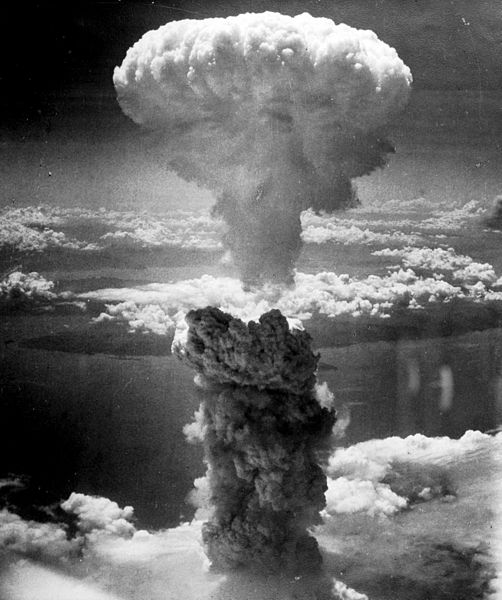
How Do You Survive Nuclear War? The CDC Is About to Tell You

Jan. 16 update: The CDC's nuclear detonation webcast has been postponed. In its place, the CDC will discuss this season's severe flu. Live Science's original story about the webcast is below.
Do you know what to do in the event of a nuclear detonation? If not, don't worry: The Centers for Disease Control and Prevention (CDC) is giving a talk next week on just that topic.
On Jan. 16, the agency's monthly public health-focused webcast, called Public Health Grand Rounds, is slated to focus on "Public Health Response to a Nuclear Detonation," according to the CDC's website.
The CDC points out that "while a nuclear detonation is unlikely, it would have devastating results and there would be limited time to take critical protection steps." However, "planning and preparation can lessen deaths and illnesses," the CDC says.
"For instance, most people don't realize that sheltering in place for at least 24 hours is crucial to saving lives and reducing exposure to radiation," the CDC says.
The presentation will feature speakers including the deputy director and chief medical officer of the agency's Office of Public Health Preparedness and Response, the radiation safety officer, and the chief of the Radiation Studies Branch.
Topics will include "Preparing for the Unthinkable" and "Roadmap to Radiation Preparedness," along with information on how public health programs have fared on the local, state and federal level in preparing for a nuclear bomb.
Sign up for the Live Science daily newsletter now
Get the world’s most fascinating discoveries delivered straight to your inbox.
The webcast will be streamed here at 1 p.m. ET on Jan. 16.
The CDC's Public Health Grand Rounds webcast focuses on major public health issues, highlighting key challenges, cutting-edge research and the potential impact of different interventions, according to the CDC.
Editor's note: This article was updated Jan. 5 to correct the date of the webcast.
Originally published on Live Science.











